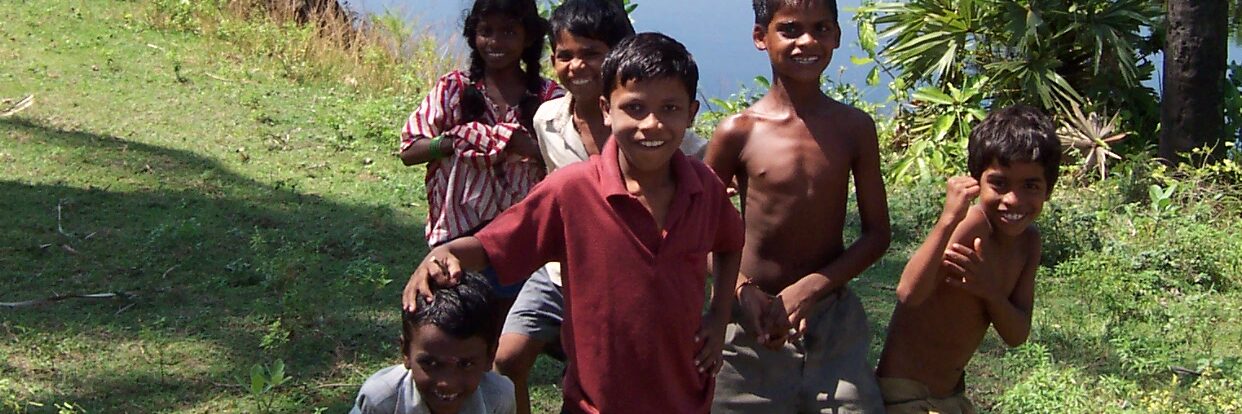Mettur, 27 December 2007 – Less than a month after Chemplast Sanmar released its Sustainability report which highlights the company’s pro-active measures to ensure that its business practices safeguard the environment, the company has been plagued with numerous safety lapses and allegations of pollution by its host community in Mettur. Gonur West Agriculturists Development Association recorded at least four hazardous incidents in a span of 30 days.
On 19 November, 2007, Gunasekaran, a contract worker from Salem Camp, was crushed to death in a construction accident at the site of Chemplast’s coal-fired thermal power plant. The company resolved the matter by paying compensation to the widow.
On 27 November, an explosion at the power plant site sent huge boulders flying into the nearby residential area causing damage to some of the houses, and panic among the residents. A case has been registered.
The thermal power plant is illegal, say villagers and environmentalists. “It is being constructed on an illegal hazardous waste dump. Once constructed, the wastes cannot be removed and remediated,” according to the Gonur West Agriculturists Development Association. The Tamilnadu Pollution Control Board (TNPCB) said it has issued a show-cause notice to the company because it misdeclared the project to set up a coal-fired power plant as a fuel-conversion project to bypass stringent regulations requiring the preparation of Environmental Impact Assessment report and the holding of a public hearing. The plant has been intentionally undervalued, the Association alleges. The cost of the 48.5 MW plant is pegged at Rs. 45 crores by the company. Going by the standard cost of coal plants – Rs. 4 crore per MW – Chemplast’s plant is about a quarter of expected costs.
On 7 December, a major leak of chlorine gas from Chemplast Sanmar’s chloralkali plant sent seven people to the General Hospital in Mettur. Some people rushed to nearby private doctors and hospitals for treatment. Residents and commuters around the factory complained of a burning sensation in the eye, bloated stomach, giddiness and vomiting. Such gas leaks are not uncommon in Mettur. A similar leak of chlorine gas in 2004 exposed more than 100 people to the gas and caused 26 people to be hospitalised. The 2004 leak was effectively buried by the District Administration and Police acting for the company. No statutory compensation was levied from the company for the victims.
On 10 December, at 1.35 p.m., a fire began in the monomer cooling tower in the PVC division of Chemplast Sanmar. The fire lasted 15 minutes. No injuries are reported.
On 17 December, yielding to pressure from the villagers, the TNPCB visited Mettur for an inspection and took water, effluent and sediment samples from 17 locations. Out of the seventeen, 16 samples were taken from in and around Chemplast and 1 was taken from Malco, another industry in Mettur. On 18 December, the TNPCB took more samples from within Chemplast’s and Malco’s premises. For the first time, the TNPCB has assured that they will share the results of the sampling the people in Mettur. The Agriculturist’s Development Union, a local farmers group fighting against industrial pollution, submitted a letter stating the problems due to Chemplast Sanmar Ltd and Malco, with their recommendations to the TNPCB. The environmental engineer with TNPCB refused to accept the letter and asked them to send it to the head office in Chennai instead.
